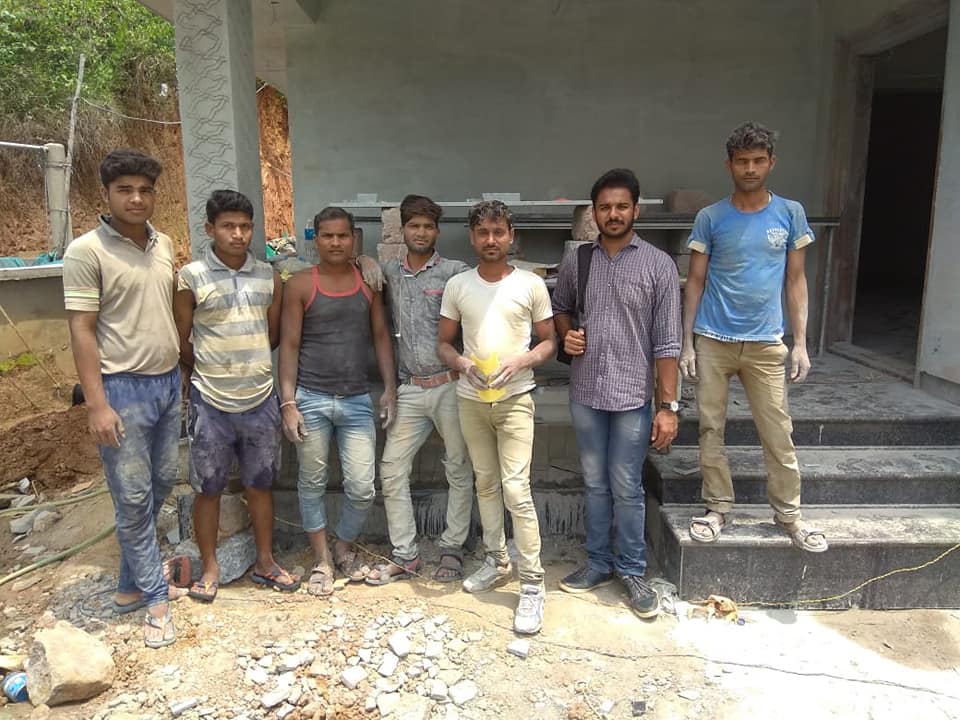INT’L MIGRANTS DAY: Salesian Missions highlights educational and social programs that support migrants
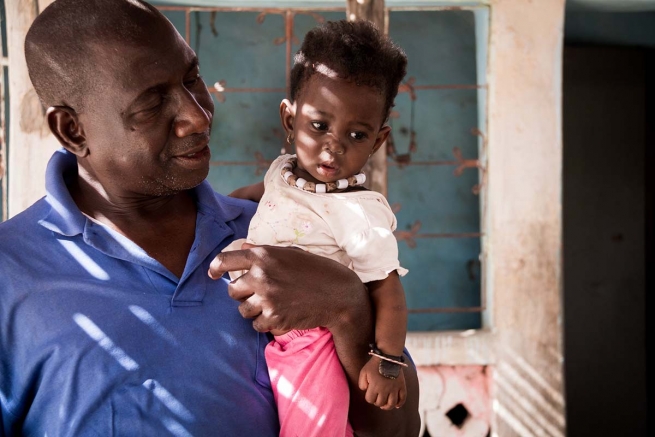
International Migrants Day is held on Dec. 18 to recognize the efforts, contributions and rights of migrants worldwide
(MissionNewswire) Salesian Missions, the U.S. development arm of the Salesians of Don Bosco, joins humanitarian organizations and the international community in honoring International Migrants Day. Each year, International Migrants Day is held on Dec. 18 to recognize the efforts, contributions and rights of migrants worldwide.
Youth often leave their homelands in search of employment, education and a better way of life. Many choose or are forced to migrate to escape poverty, violence, or conflict, or they are displaced due to the effects of war or climate change. The United Nations notes that youth are heavily represented in migration for humanitarian reasons including as refugees, asylum seekers and unaccompanied minors.
Salesian missionaries care for and provide educational services to young migrants in countries around the globe. Unaccompanied migrant youth often face rejection, homelessness, exploitation and delinquency as they make their journey to find a new way of life. They are also at risk of human trafficking and exploitation.
“Salesian programs help young migrants adapt to their new environment through language and skills training and workforce development programs,” said Father Gus Baek, director of Salesian Missions. “A lack of employment is one of the root causes of migration in countries that see high rates of youth migrating to seek a better life elsewhere. In addition to helping young migrants, Salesian missionaries are working to create new educational and employment opportunities in countries youth leave as an incentive for them to remain at home.”
Migrants were particularly hard hit during the COVID-19 pandemic. Far away from home and often taking day laborer work, many were left homeless and without any source of income as countries went into lockdown. Salesian missionaries, particularly in India, focused on providing support to this population.
To mark International Migrants Day 2021, Salesian Missions is proud to highlight programs around the globe that provide life-changing education and social support to migrants.
GUATEMALA
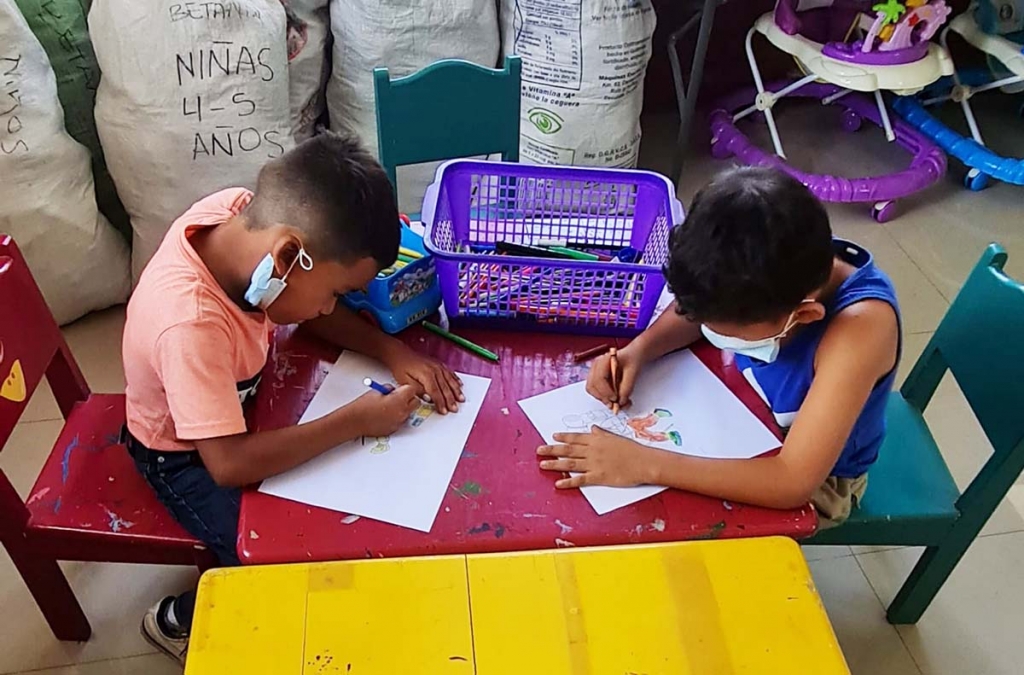
At Casa Betania in Guatemala, children, youth, adults, pregnant women, families, and the elderly find support and relief thanks to a group of volunteers.
The Salesian-run Casa Betania, located in San Benito Petén, Guatemala, welcomes thousands of people every year, most of them migrants in search of a better life. Children, youth, adults, pregnant women, families, and the elderly find support and relief thanks to a group of volunteers.
One of these volunteers, Rosa Forlán, said that in the three weeks she worked at the Salesian facility she witnessed the tragedy experienced by thousands of people. She said, “Esteban arrived with his feet seriously injured by the long walk. Matias was picked up at the door, dehydrated, almost dying, and it was necessary to call for medical assistance. Hours later, Maribel arrived, a single mother with two children under 8, and Julia, with her three daughters. The eldest, aged 11, had a hand injured from a fall on the way across the border. I also met Luis, who appeared alongside Oscar, Lucas and William, who said they were unemployed, but with a desire to work and improve despite their poor education.”
Every day, Salesian volunteers listen to stories of migrants who arrive exhausted and tired, due to the high temperatures, hunger and thirst. At Casa Betania, they receive accommodation, food, rest, psychological assistance and other services.
“Collaborating in the restaurant, laundry, reception and cleaning service allowed me to get to know a reality that is sometimes little told,” said Forlán. “Migrants are not looking for a dream, they are going through an ordeal, asking for justice and understanding. But understanding is only possible ‘walking with them’ in a silent and supportive accompaniment, making oneself available to listen without judgment because each person brings a heavy burden that only he or she knows.”
INDIA
The Kerala Interstate Migrants Alliance for Transformation project has been intervening in the lives of the interstate migrants across Kerala, India, by setting up migrant help desks in 11 districts. These help desks provide support services and legal assistance to migrant laborers, especially those who have been isolated and marginalized.
To ensure effective execution of the project, Don Bosco institutions across the selected districts have partnered with BREADS – Bangalore Rural Education and Development Society. All the activities are centrally coordinated and replicated across the state through the state office at Don Bosco Veedu, located in Trivandrum.
There was a meeting to assess the project’s success over its first 18 months in operation. The evaluation meeting was organized by Don Bosco Veedu and held at the Don Bosco College in Sultan Bathery, Kerala.
Father Sojan, from HOD Social Work, educated project coordinators about social work and its importance among migrant workers. He encouraged coordinators to read more journals, articles and books related to migration, which will enhance their knowledge and guide them in their practical work among the migrants. Fr. Sojan also advocated that the project become a replicable model for the entire state of Kerala.
MEXICO
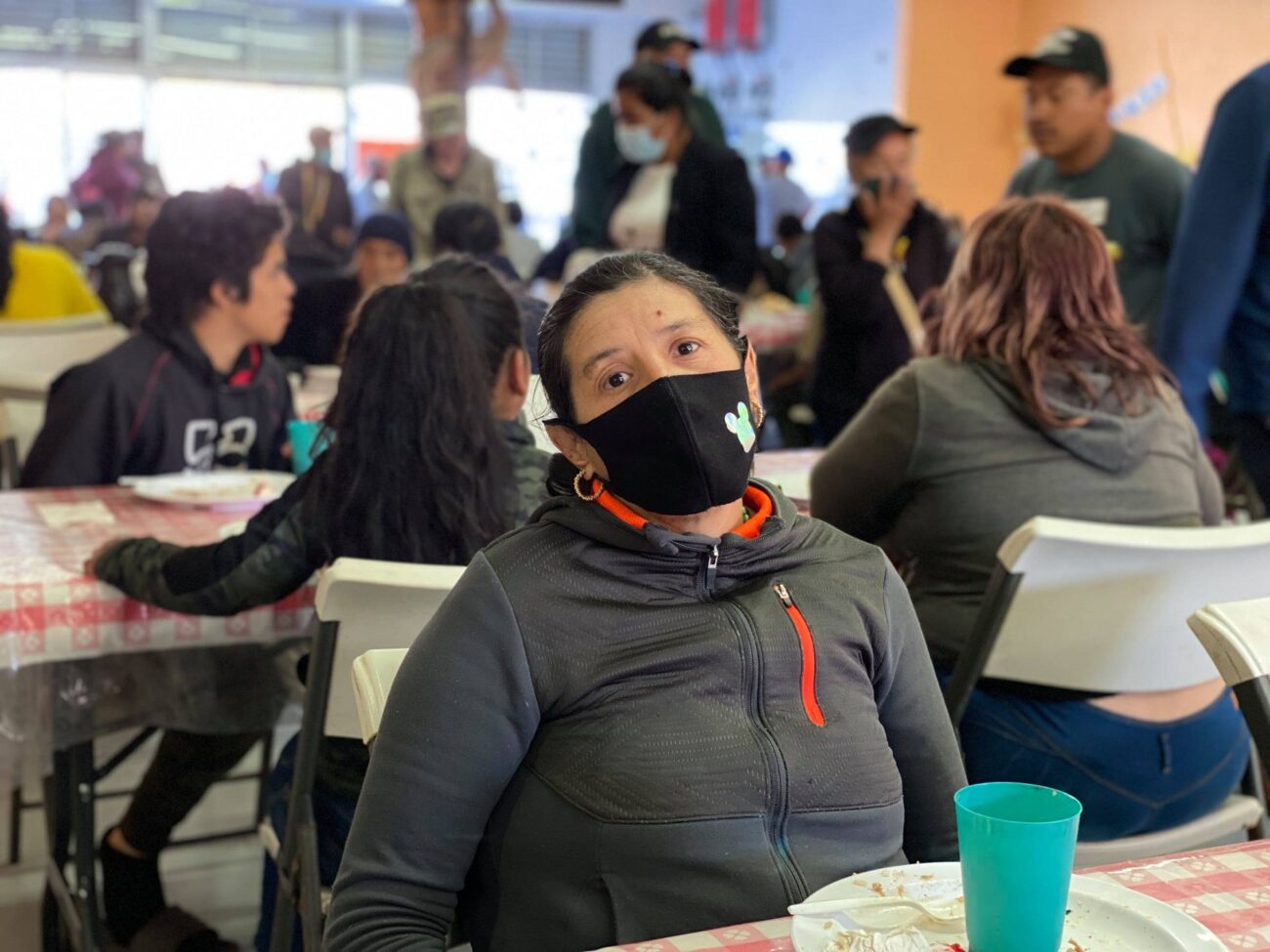
The Salesian Padre Chava Refectory in Tijuana, Mexico provides meals and other assistance to migrants from Mexico, Central America and Haiti.
After only serving take-away meals for 15 months, the Salesian Padre Chava Refectory, located at the Salesian Center in Tijuana, Mexico, re-opened in June. The refectory provides meals and other assistance to migrants from Mexico, Central America and Haiti, as well as to the homeless, the elderly, people with disabilities and those suffering from extreme poverty.
Forced to close in-person dining because of the COVID-19 pandemic, Salesians are now able to provide better service to those in need. People are able to eat in a quiet and safe space instead of on the ground. Despite the pandemic, Salesians continued to offer services outside, benefiting more than 1,000 people a day.
Since 1987, the Salesian Center has been providing services to migrants and poor youth living on the border between Mexico and the U.S. The goal of the Tijuana Salesian Project is to create an extensive educational network in areas where poor youth are at risk of social exclusion. The project took shape through Salesian oratories and educational centers where children grow up learning to share faith, culture and sports within their communities.
The Salesian Center acts as a hub for migrants who, besides much-needed material help, are also offered a familiar and welcoming environment. They can access haircuts, a change of clothes, a shower, and an opportunity to call and make contact with families. The Salesian Center also has a partnership with the Red Cross and local volunteer doctors who offer psychological and medical help and assistance.
SENEGAL
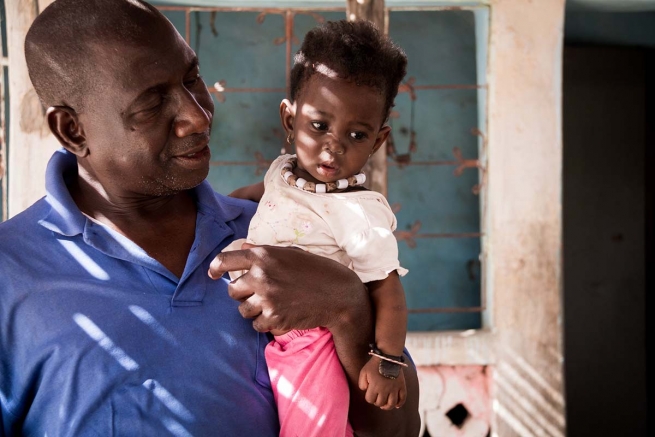
Salesian International Volunteering for Development’s (VIS) UNO project, “A New Opportunity,” is giving migrants a chance to start a business and have financial success back in their home countries.
Salesian International Volunteering for Development’s (VIS) UNO project, “A New Opportunity,” is giving migrants a chance to start a business and have financial success back in their home countries. Salesians report that Senegal has 105,937 people living in Italy. Among them, 39.9 percent are inactive or unemployed.
Elhadi Ndiaye, a Senegalese worker and father, is one of the people who have benefited from this project. He is a father of six and has spent 19 years as a migrant in Italy where he worked in a leather and hide processing factory and then later as a sales person of costume jewelry and footwear.
When his residence permit expired and he could not guarantee that his self-employment business license would be renewed, Ndiaye became an undocumented migrant and was no longer able to meet his and his family’s needs, who were back in Senegal. The UNO project allowed him to return to Senegal permanently and develop his own business.
Research in Senegal has shown that nearly 40 percent of youth leaving the country are doing so in search of better educational opportunities. With that knowledge, Salesian project activities are now being targeted to provide scholarships and educational initiatives to help youth gain employment in their communities. Other initiatives are targeted toward adults in the hopes to provide more employment and business opportunities in Senegal so that they can return home.
###
Sources:
GUATEMALA: Migrants find support and relief
ANS Photo (usage permissions and guidelines must be requested from ANS)
Photo courtesy of Kerala Interstate Migrants Alliance for Transformation
International Organization for Migration
MEXICO: Dining room reopens for migrants and other vulnerable people
ANS Photo (usage permissions and guidelines must be requested from ANS)
SENEGAL: Migrants return home, find success through project
ANS Photo (usage permissions and guidelines must be requested from ANS)


